People who failed miserably to predict the future
Predicting the future is a pastime as old as time itself, and yet it remains as elusive as ever. While some predictions hit the nail on the head, many others miss the mark spectacularly.
From the belief that the world would run out of coal by the end of the 20th century to the expectation of flying cars in every garage by the year 2000, the history of forecasting is littered with bold claims that turned out to be wildly inaccurate.
The Titanic: Unsinkable Until It Wasn’t
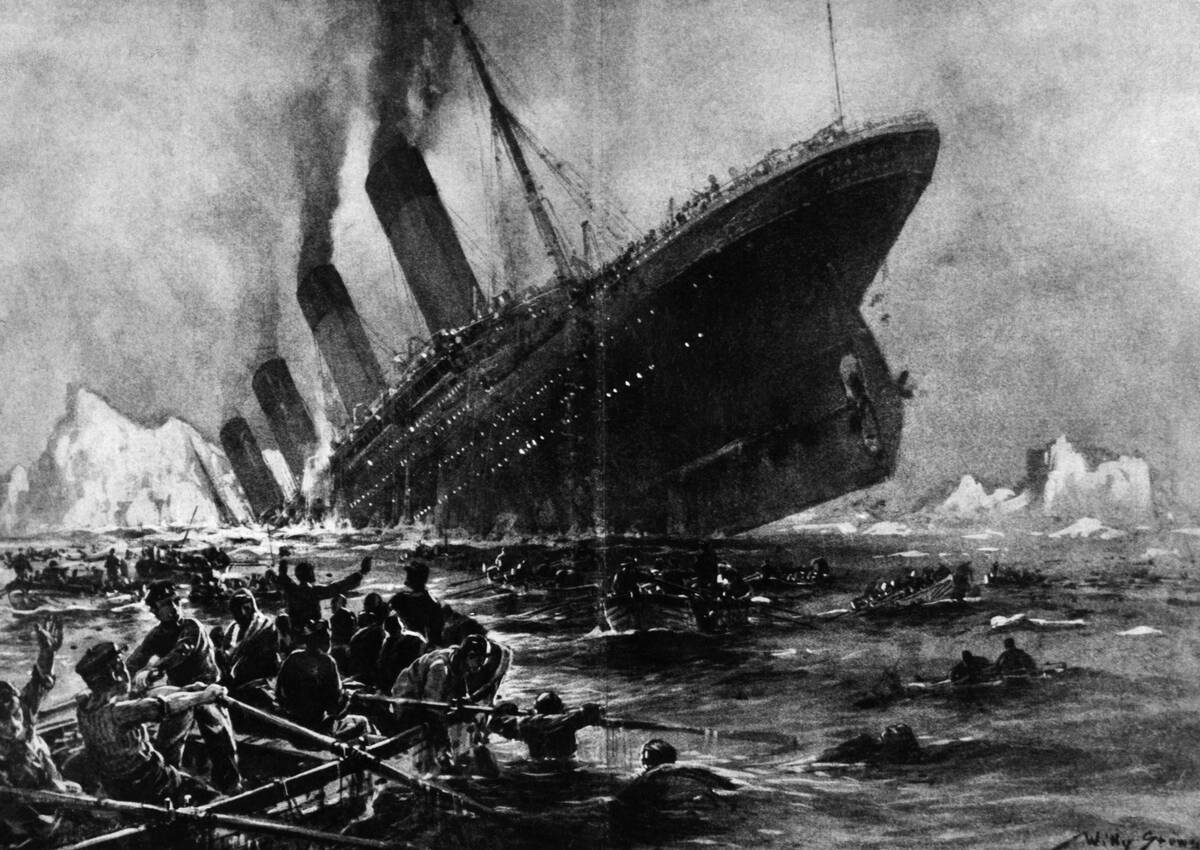
The RMS Titanic was hailed as the pinnacle of maritime engineering, marketed as “unsinkable.” Yet, its tragic sinking on its maiden voyage in 1912 starkly contradicted this claim. Despite advanced safety features like watertight compartments, the ship met its demise after striking an iceberg.
This event not only highlighted the hubris of human engineering but also led to significant improvements in maritime safety regulations, including the establishment of the International Ice Patrol.
The Internet: Just a Fad, They Said
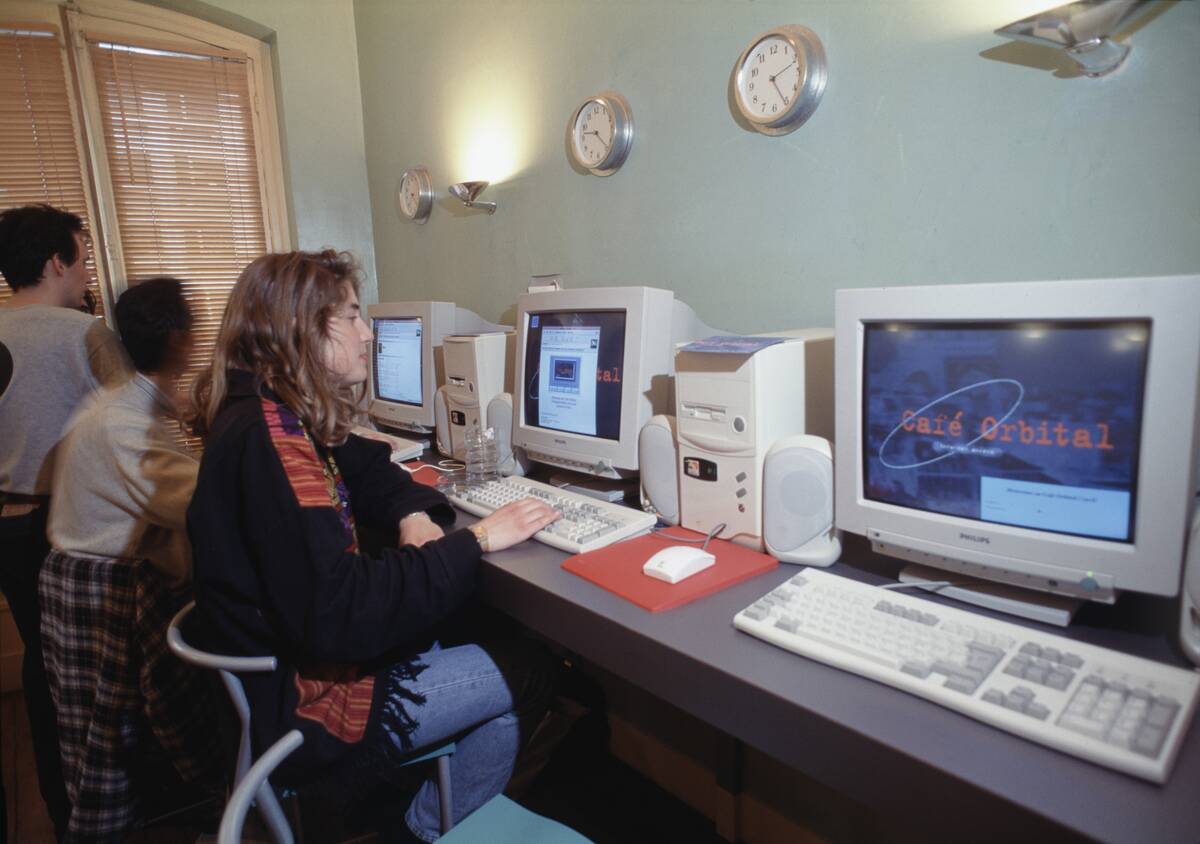
In the early 1990s, the internet was dismissed by some as a passing fad. Notably, a 1995 Newsweek article by Clifford Stoll questioned its long-term viability, suggesting it lacked commercial potential.
Fast forward to today, and the internet is an integral part of daily life, revolutionizing industries from commerce to communication. The digital revolution has spurred innovations like e-commerce, social media, and cloud computing, proving that the internet was far more than a fleeting trend.
The iPhone: A Passing Trend?
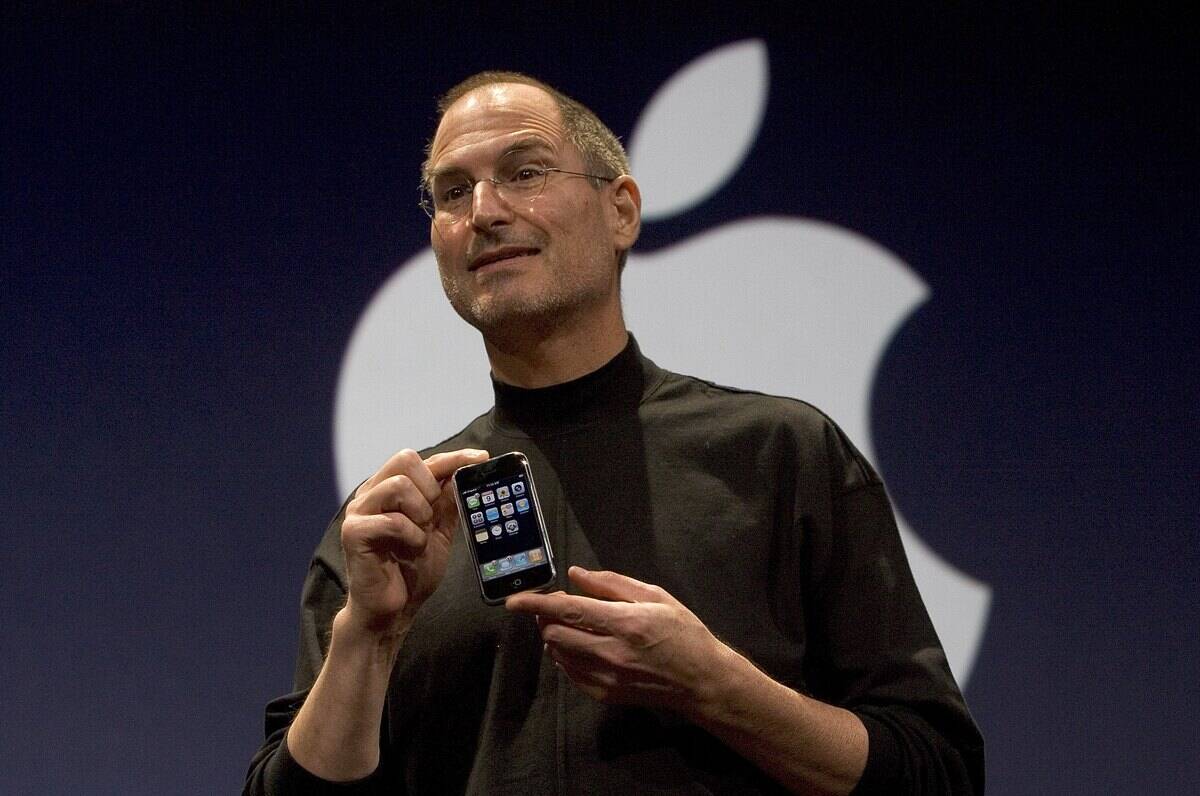
When Apple released the first iPhone in 2007, some skeptics doubted its staying power. Critics argued that its touchscreen design and lack of a physical keyboard were impractical. As former Microsoft CEO Steve Ballmer said at the time, “There’s no chance that the iPhone is going to get any significant market share. No chance.” However, the iPhone quickly became a cultural phenomenon, reshaping the mobile phone industry.
It set the standard for smartphones, inspiring countless imitators and leading to the development of an entire ecosystem of apps. Today, the iPhone is synonymous with modern mobile technology.
Television: Never Gonna Catch On

In the early days of television, some pundits claimed it would never replace radio as the dominant form of entertainment. Raymond Postgate, a British writer, famously predicted in 1936 that television had no future.
Contrary to these beliefs, TV transformed media consumption, becoming a staple in households worldwide. From black-and-white broadcasts to high-definition streaming, television has continually evolved, maintaining its place as a central medium for news and entertainment.
Flying Cars by Year 2000: Grounded Expectations
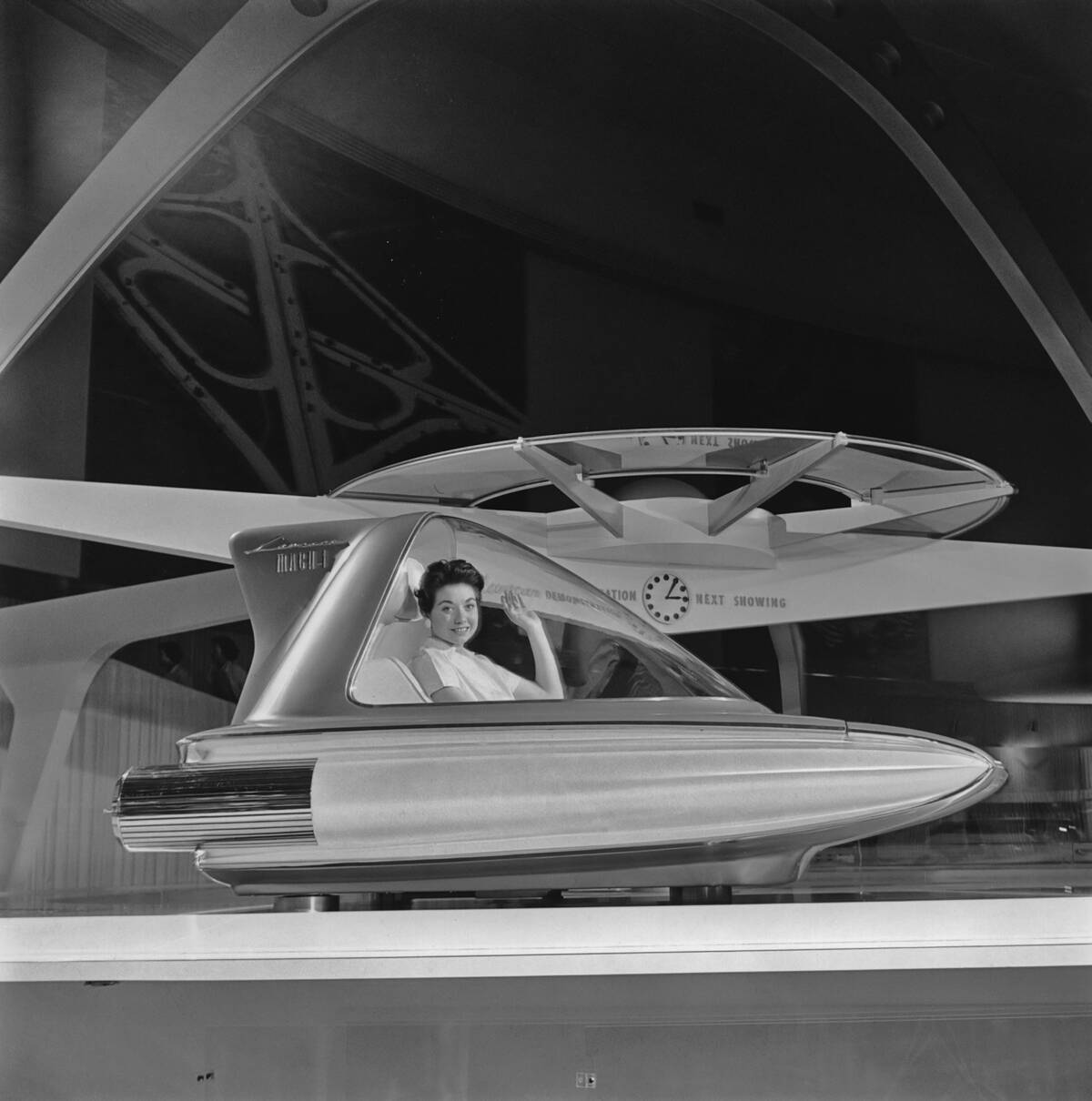
For decades, futurists envisioned a world where flying cars would be commonplace by the year 2000. Despite the allure of airborne commutes, technological and regulatory hurdles kept this dream grounded.
While prototypes exist, issues like safety, traffic control, and infrastructure have hampered widespread adoption. Today, companies continue to explore flying car technology, but the vision of a sky filled with personal aircraft remains more science fiction than reality.
The Demise of Books: E-books to Rule the World?

The rise of e-books in the early 2000s led some to predict the end of physical books. However, while e-books have gained popularity, printed books have maintained a strong presence.
Many readers appreciate the tactile experience of a physical book, and sales have remained robust. The coexistence of digital and print formats suggests that books, in all their forms, continue to thrive, defying predictions of their demise.
World Population: Predictions of Doom and Gloom
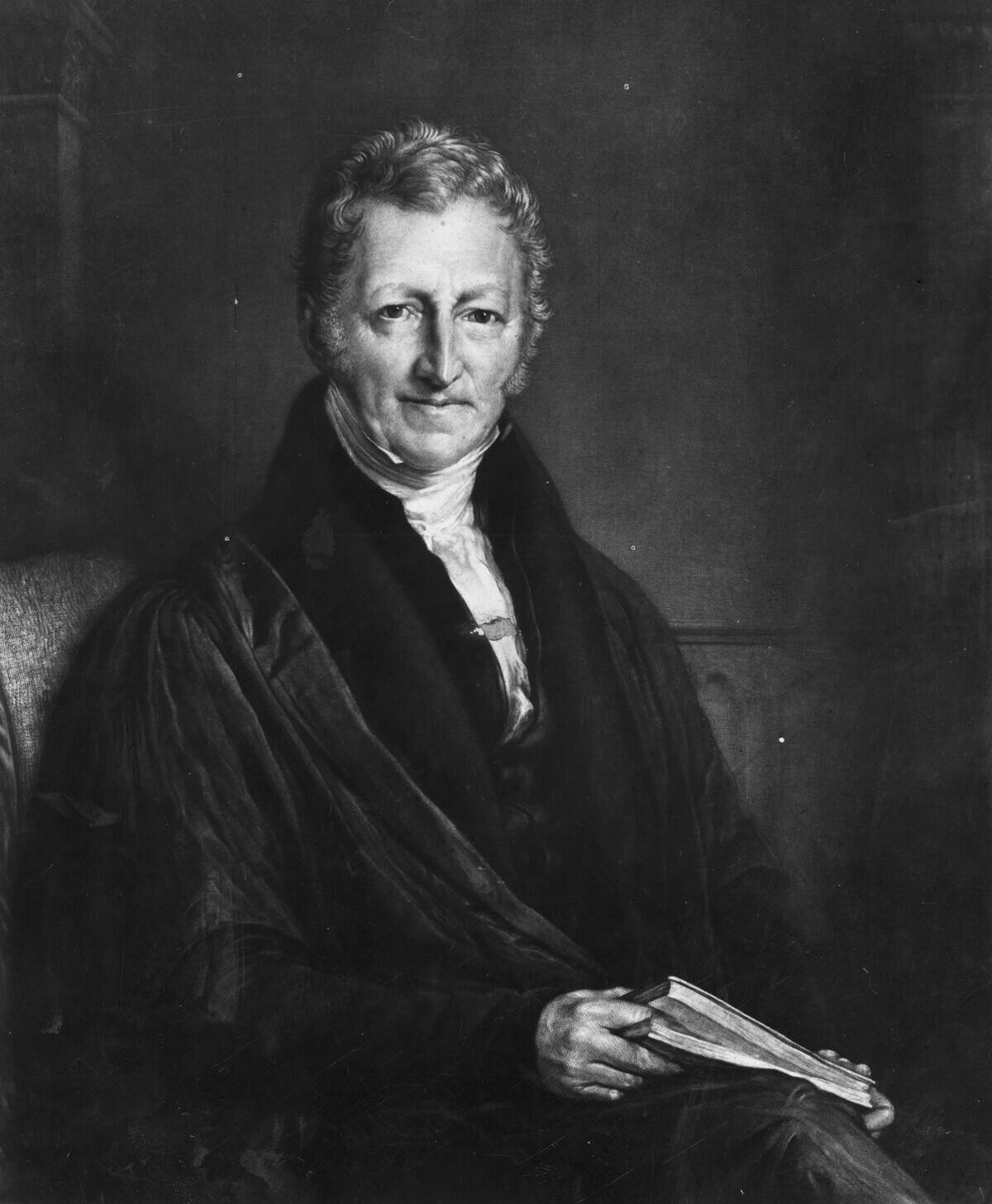
Throughout the 20th century, experts like Thomas Malthus warned of overpopulation leading to mass starvation. However, technological advancements in agriculture have largely averted these crises. The Green Revolution, for instance, significantly increased food production through improved crop varieties and agricultural practices.
While challenges remain, such as resource distribution and environmental concerns, humanity has so far managed to sustain a growing population better than many predictions suggested.
Space Exploration: Mars Colonies by 2020?
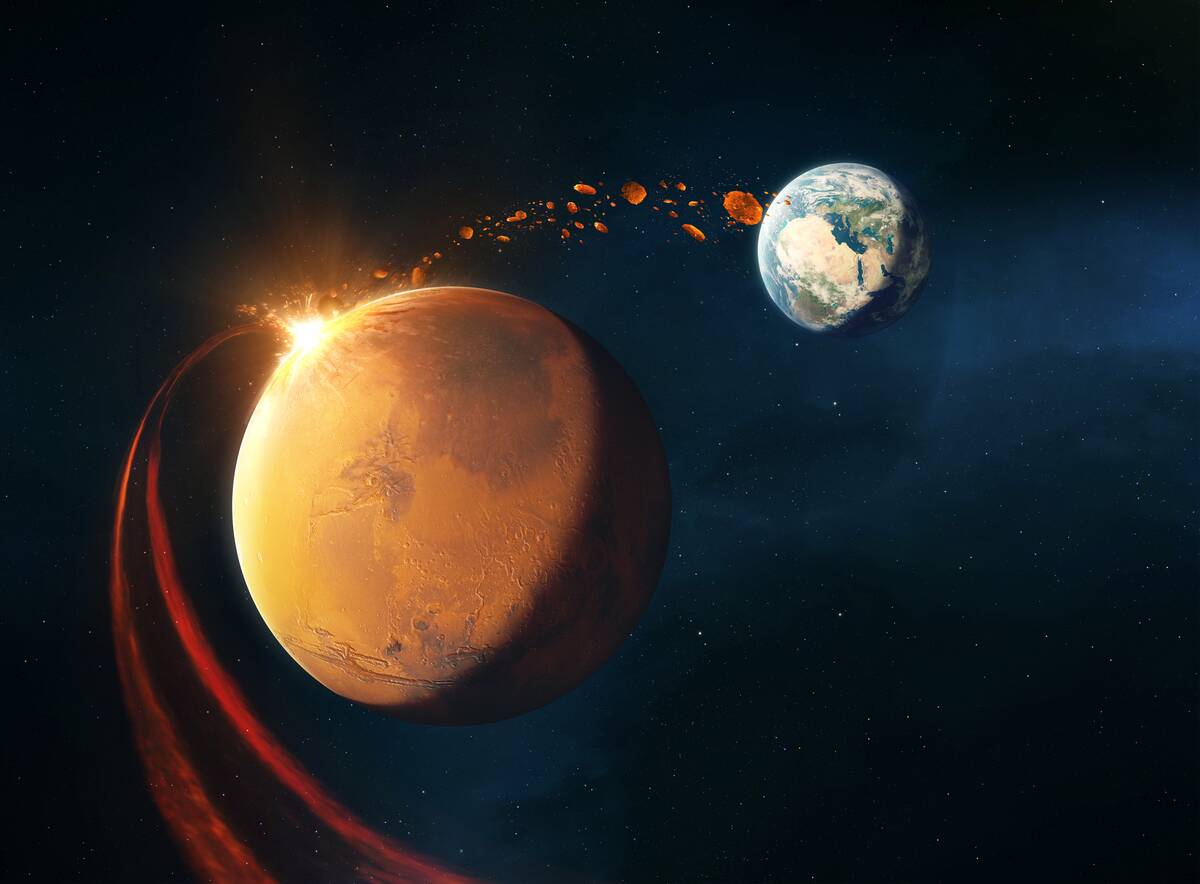
In the mid-20th century, the dream of colonizing Mars by 2020 captivated imaginations. While humans have yet to set foot on the Red Planet, significant progress has been made in space exploration.
Missions like the Mars Rovers and the International Space Station have expanded our understanding of space. Although colonization remains a distant goal, organizations like NASA and SpaceX continue to work towards making interplanetary travel a reality, inching closer to the once-fanciful dream.
The Y2K Bug: The Non-Disaster of the Century

The Y2K bug was anticipated to cause global chaos as clocks struck midnight on January 1, 2000. Experts feared that computer systems would malfunction due to the millennium date change.
Companies and governments spent billions on preventive measures, and as the new year arrived, disruptions were minimal. While some argue the preparations were excessive, others believe they prevented potential crises, turning the Y2K bug into a non-event in the annals of tech history.
The Fall of the Berlin Wall: Surprising Many Experts

The fall of the Berlin Wall on November 9, 1989, was a monumental event that caught many political analysts off guard. Although some may have guessed it would eventually happen, nobody predicted it would come down so suddenly. The division of East and West Berlin had become a symbol of the Cold War, and its sudden collapse marked a significant shift in global politics.
The peaceful revolution leading to German reunification defied expectations and set the stage for the end of the Cold War. It remains a powerful reminder of the unpredictable nature of geopolitical change.
Renewable Energy: Too Costly to Succeed?
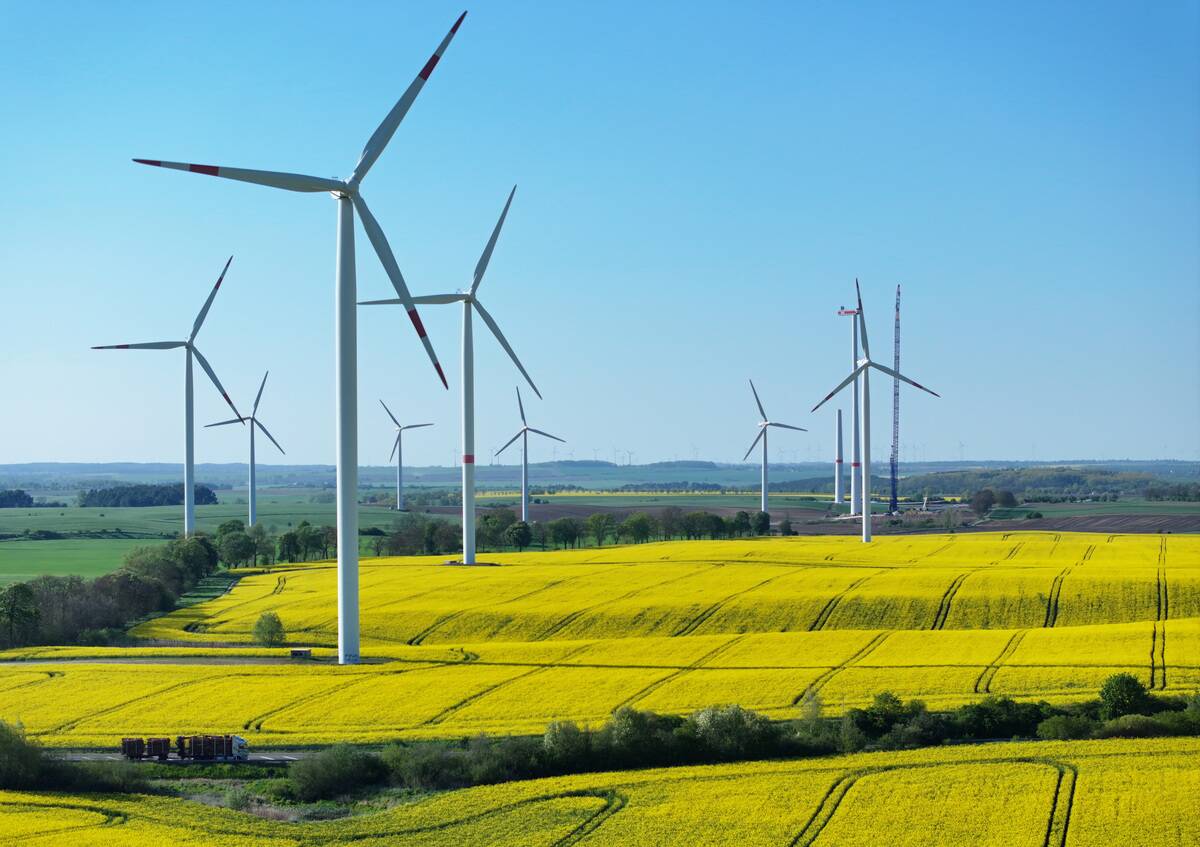
Renewable energy sources, once criticized for being too expensive and inefficient, have seen dramatic advancements. The cost of solar and wind power has plummeted, making them competitive with traditional fossil fuels.
Technological innovations and government incentives have spurred their adoption, leading to a shift towards cleaner energy. As the world grapples with climate change, renewable energy’s role in reducing carbon emissions and fostering sustainability is increasingly recognized.
The Rise of AI: A Sci-Fi Fantasy?
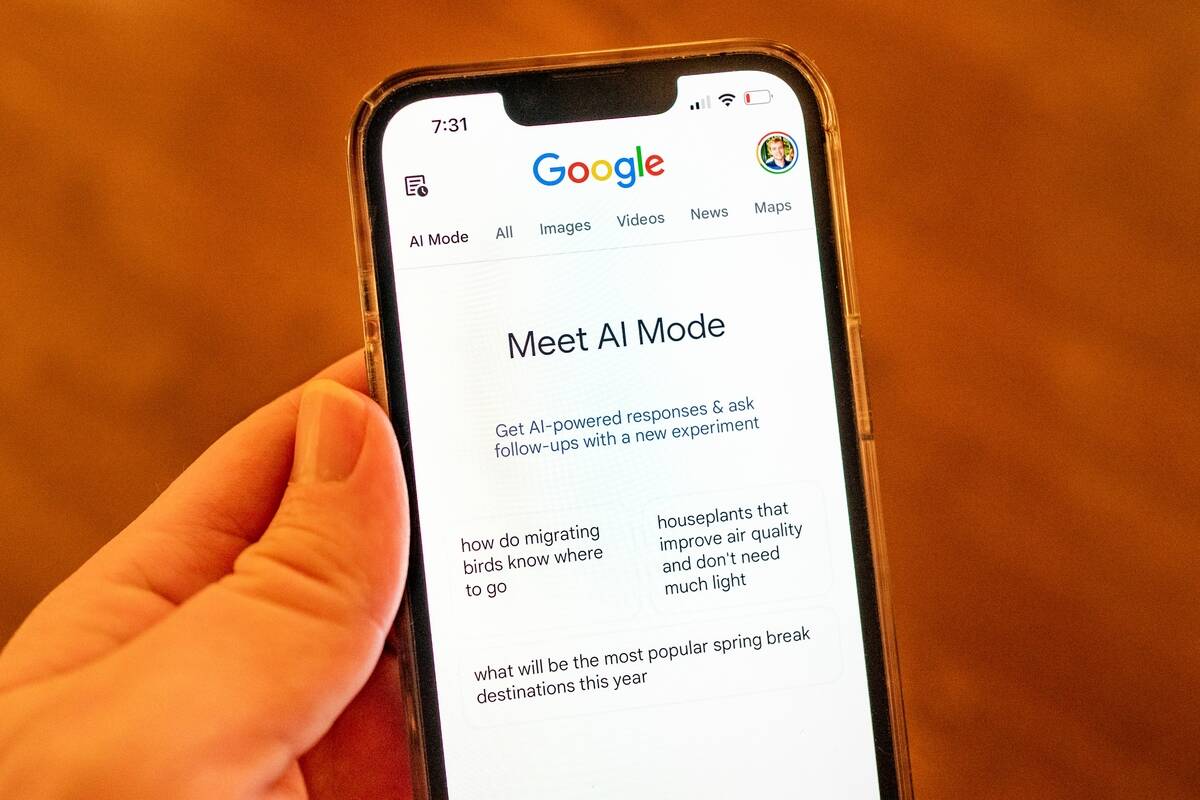
Artificial Intelligence, once the realm of science fiction, has rapidly become a reality with far-reaching implications. Early predictions underestimated AI’s potential, but today it powers technologies from virtual assistants to autonomous vehicles.
While ethical and practical challenges remain, AI’s ability to transform industries is undeniable. As research continues to push boundaries, AI is poised to play an ever-expanding role in shaping the future, far from the fantasy it was once thought to be.



